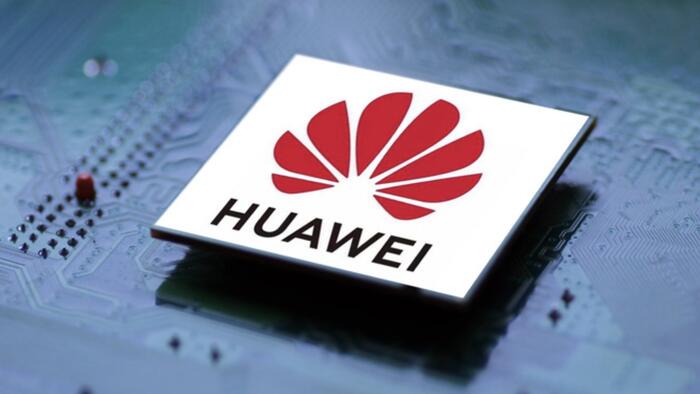
Huawei may be closing the gap in semiconductors.
On Thursday, the company unveiled AI hardware it says can deliver world-class computing power without Nvidia’s advanced chips, a potential breakthrough for China’s drive to reduce reliance on US technology, according to the South China Morning Post.
The announcement came just before a scheduled call between Xi Jinping and Donald Trump, underscoring Beijing’s push for self-reliance amid tightening export restrictions.
SCMP writes that the Shenzhen-based firm introduced a “supernode + cluster” solution built on domestic chipmaking and revealed a multi-year roadmap for its Ascend AI chips.
“Ascend chips are the foundation of our AI computing strategy,” deputy chairman Eric Xu Zhijun said at Huawei’s Connect Conference in Shanghai. The company plans to launch Ascend 950 chips in 2026, followed by the 960 in 2027 and 970 in 2028, all featuring in-house high-bandwidth memory.
Huawei also announced the Atlas 950 SuperPoD, a system of 8,192 chips delivering 8 exaflops FP8 performance, due late next year. Multiple SuperPoDs can be linked into a 524-exaflop SuperCluster, while Atlas 960 systems in 2027 could scale to millions of cards.
Founder Ren Zhengfei has argued clustering allows Huawei to reach state-of-the-art performance despite its chips lagging US rivals “by a generation.”
Analysts highlighted both potential and pitfalls. Tilly Zhang of Gavekal Dragonomics said the move was “good timing for China to show strength,” though “China still needs US chips for now, but probably in a much less significant way.” Omdia’s Su Lian Jye called it proof of Huawei’s “relentless desire to innovate.”
Nvidia CEO Jensen Huang, reacting to Beijing’s restrictions on Nvidia sales, admitted he was “disappointed with what I see, but … patient about it.”
Huawei has already deployed over 300 CloudMatrix 384 systems—clustering 384 Ascend chips for 300 petaflops—with more than 20 clients. But concerns remain over scaling production, as the plan depends heavily on domestic foundry SMIC. Still, Paul Triolo of Albright Stonebridge said: “If any company can accomplish the miracle … it is Huawei.”
If Huawei can execute its roadmap, it could mark a turning point in China’s semiconductor race—narrowing the gap with US leaders and giving Beijing a stronger footing in AI computing.



